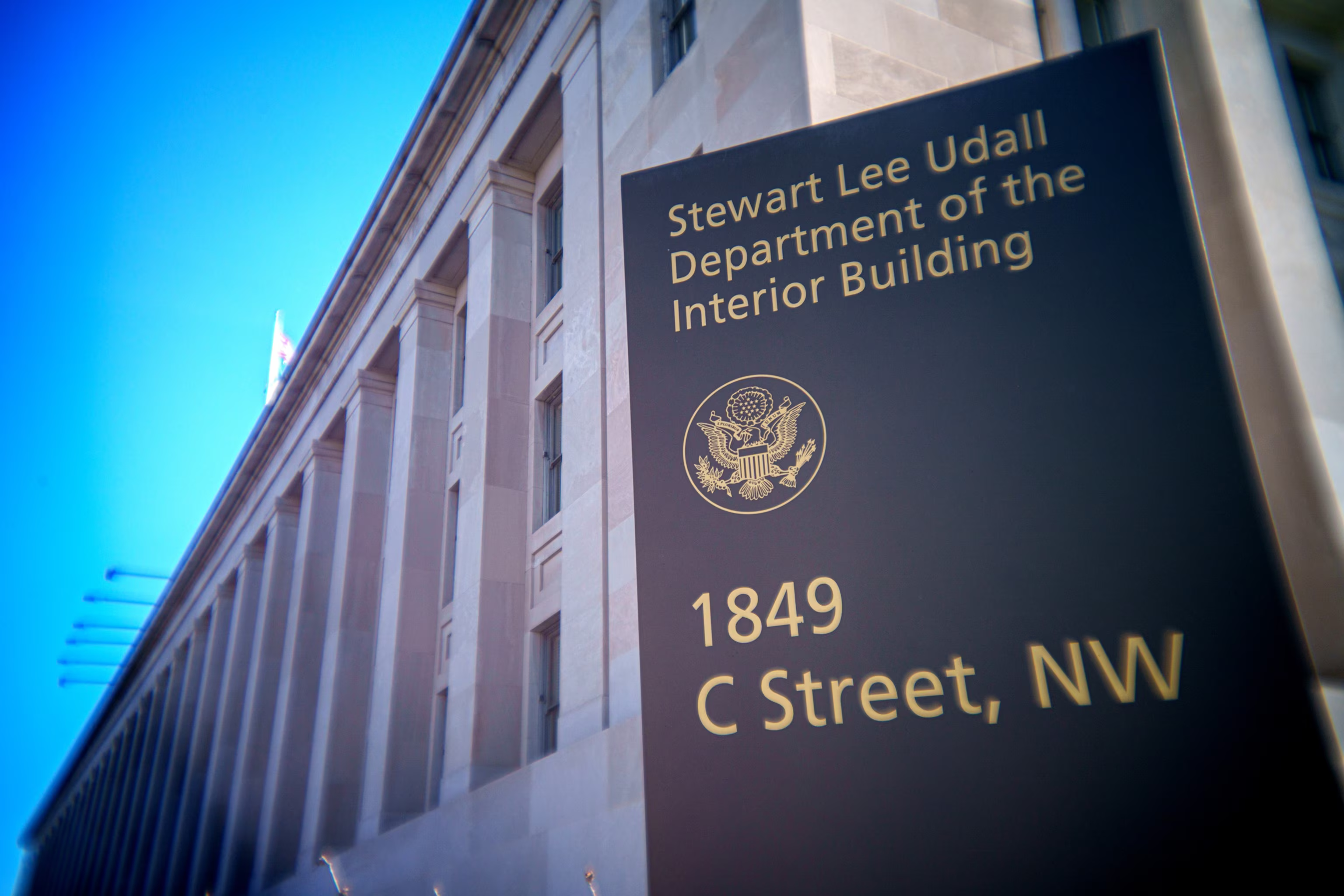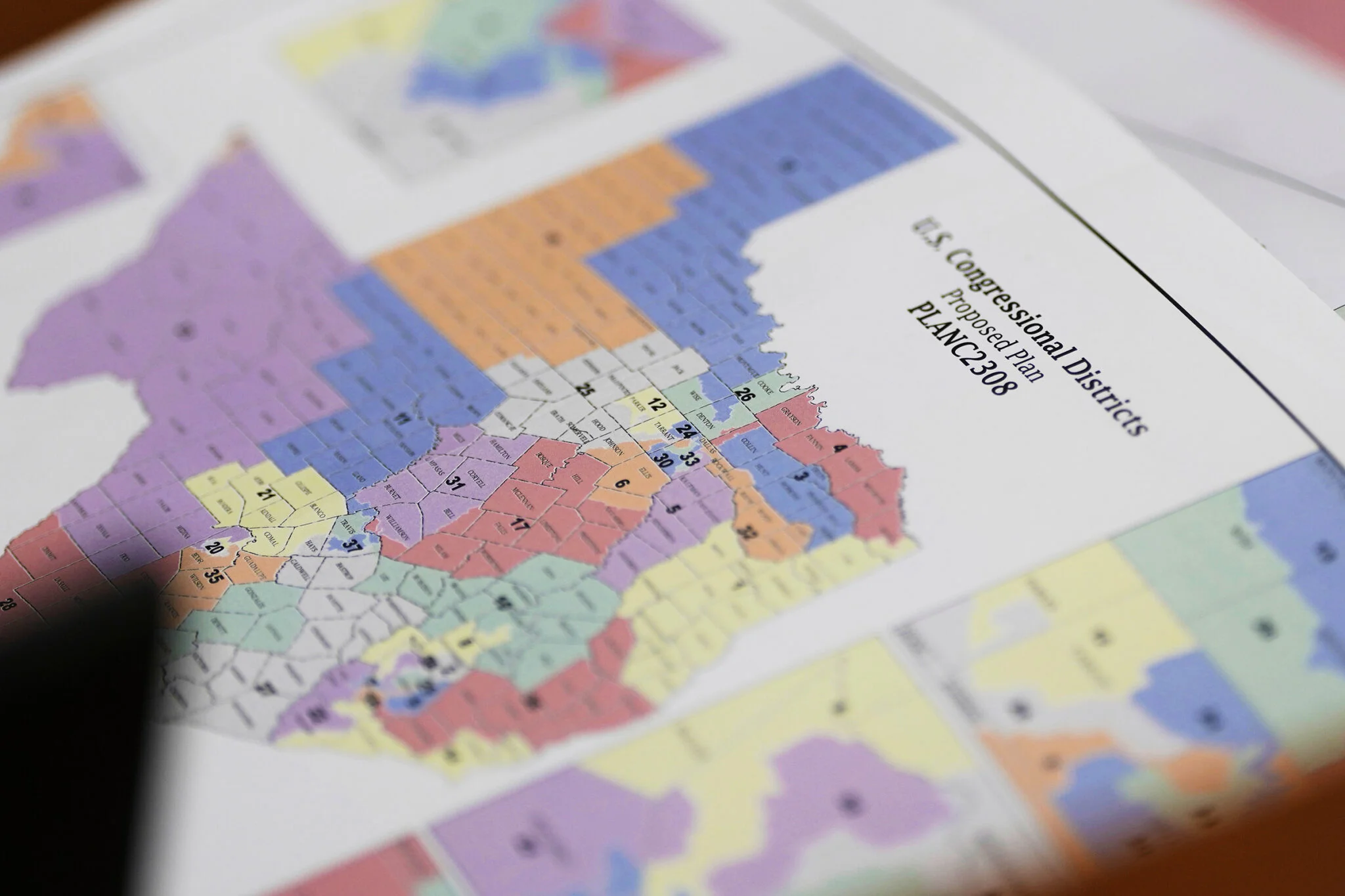In a significant shift from the economic strategies of the past seven years, France is poised to reconsider its tax policies under the leadership of newly appointed Prime Minister Michel Barnier.
This move comes as a response to the country’s rapidly deteriorating financial situation, marked by soaring borrowing costs and a ballooning budget deficit.
The decision to potentially increase taxes on businesses and the wealthy marks a departure from President Emmanuel Macron’s previous tax cuts, which were aimed at stimulating economic growth by attracting investment and encouraging business expansion.
The Economic Context
France’s financial landscape has reached a critical juncture. With borrowing costs climbing to their highest levels since the 2008 financial crisis, the government faces mounting pressure to address its fiscal challenges. The nation’s debt and deficit levels are among the highest in Europe, necessitating urgent action to reassure international investors and stabilize the economy.
Prime Minister Barnier’s willingness to explore tax increases on corporations and the affluent reflects a pragmatic approach to rectifying the budgetary imbalance.
Revisiting Macron’s Tax Policies
Since his election in 2017, President Macron has been known for his pro-business stance, earning the moniker “president of the rich” from critics. His administration implemented significant tax cuts, including reducing the corporate tax rate and introducing a flat tax on investment income.
These measures were designed to foster economic growth by incentivizing investment and job creation. However, critics argue that these policies have exacerbated economic inequality and depleted public coffers, contributing to the current fiscal predicament.
The Path Forward
Prime Minister Barnier’s proposed tax reforms aim to generate substantial savings and bring France’s finances in line with European Union standards.
While specific tax increases have yet to be detailed, potential measures include raising the flat tax rate and introducing a temporary tax on “superprofits” earned by corporations.
These steps, coupled with efforts to reduce government spending, are intended to address the budget deficit while maintaining a favorable environment for investment and employment.
Balancing Act
The challenge for France’s new government lies in striking a balance between fiscal responsibility and economic growth. Business leaders have expressed a willingness to support tax increases, provided they are accompanied by significant reductions in government spending.
This collaborative approach underscores the importance of maintaining investor confidence while addressing the nation’s financial challenges.
As France navigates this pivotal moment, the decisions made by Prime Minister Barnier and his cabinet will have far-reaching implications for the country’s economic future.
By embracing a more balanced approach to taxation, France has the opportunity to restore fiscal stability while fostering an environment conducive to sustainable growth.
Stay tuned with us to read the most important news from the U.S. and keep yourself informed about the latest developments.
Contact us today through our website or WhatsApp to discover how we can help you achieve success in the United States. Together, we can turn dreams into reality.
Information source: www.nytimes.com



